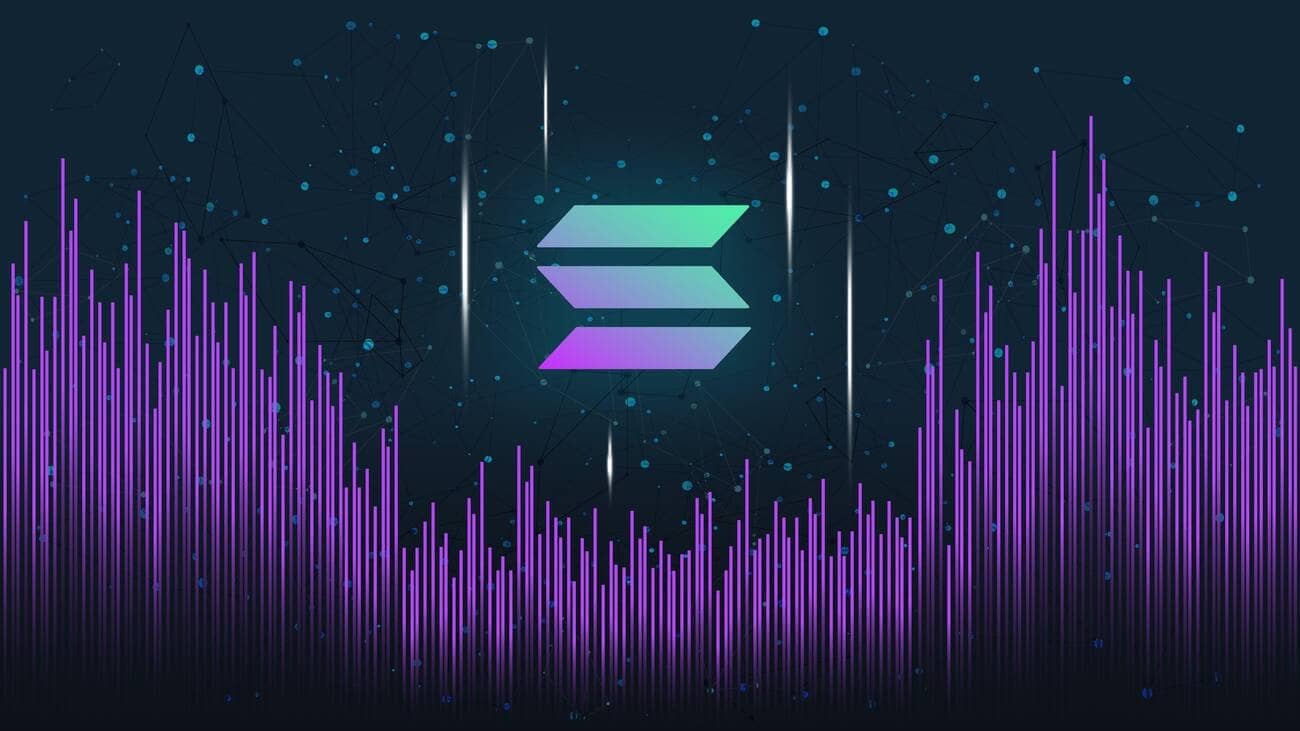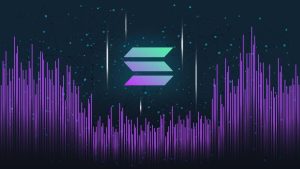Join Our Telegram channel to stay up to date on breaking news coverage
Solana (SOL) stands out with its main advantage in low-cost utility for non-fungible tokens (NFTs). This is in contrast to Ethereum, which is often referred to as a gas-guzzler.
However, in the highly competitive business environment of the NFT sector, funding plays a crucial role in survival. Solana’s leading NFT protocol, Metaplex, rolled out a controversial network fee for its “Token Metadata immutability plan.”
Developers argued that small projects had a hard time competing with larger ones because of the fee. As a result, the Metaplex team revised the fee structure and reduced the fees to a more reasonable level
Solana’s Token Metadata Plan Sparks Community Outrage, Metaplex Adjusts Fees
Solana’s plan to make token metadata immutable has caused anger and dissatisfaction among the community, leading to calls for forks. In response to the backlash, Metaplex has decided to revise its initial plans and remove certain fees. In a Twitter announcement, the company stated that updates, verifications, freezes, and thaws would continue to be free, as charging for them could hinder important and emerging use cases.
Metaplex also clarified that there would be no changes to its mission of building a decentralized and secure platform for data storage. They expressed their commitment to ensuring the platform remains open and accessible for all users
Solana Labs’ Metaplex Secures Third-Largest Fundraising Amount in SOL Ecosystem
Metaplex raised $46 million, making it the third-largest fundraising effort among Solana Labs’ ecosystem projects. Because of this, the community has talked about forking the project.
Note that forking Metaplex might not be possible due to the project’s license, which says, “It’s open source, but forking isn’t allowed.” This restriction has been put in place to address the issue of fees. CEO of Metaplex, Stephen Hess, has made this statement on Twitter.
“It is acceptable under the license for anyone to fork Metaplex programs even for a competitive use case, provided the fork isn’t removing, replacing, or modifying the fees.”
Metaplex has exchange support, wallet support, and NFT support. Fees are needed to keep the business model going.
The company plans to use developer fees for other Metaplex programs, like Candy Machine, Auction House, Compressed NFTs, SDKs, Amman, Umi, and Solita.
The Drawback of Solana: Insufficient Protocol Standards and Compatibility Challenges
Unlike Ethereum’s ERC-20 and ERC-21 protocols, Solana has no protocol standards. Metaplex and its own standards are the only things the platform relies on. To switch between platforms, developers have to learn and re-implement the standards. The lack of standardization also limits Solana’s compatibility with other applications and protocols.
This makes it difficult for developers to build applications on Solana and makes the platform less attractive than other blockchains. As a result, Solana’s adoption is slower compared to other platforms.
Join Our Telegram channel to stay up to date on breaking news coverage


